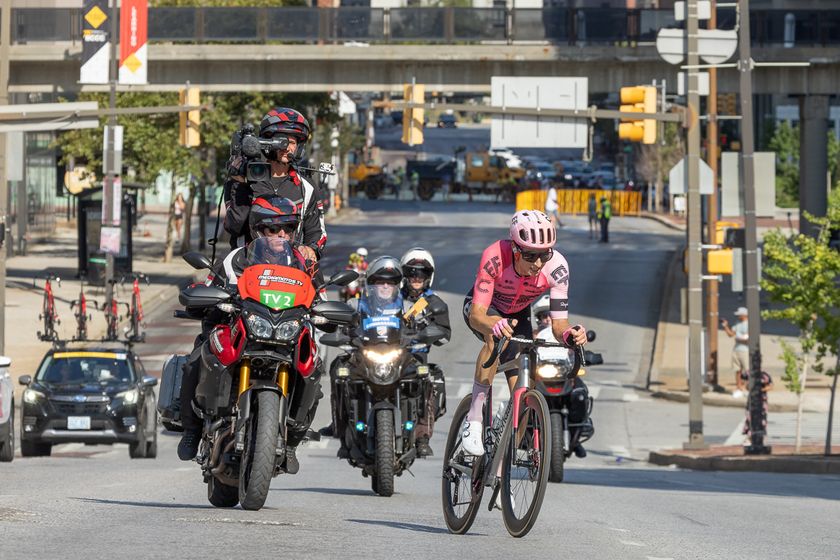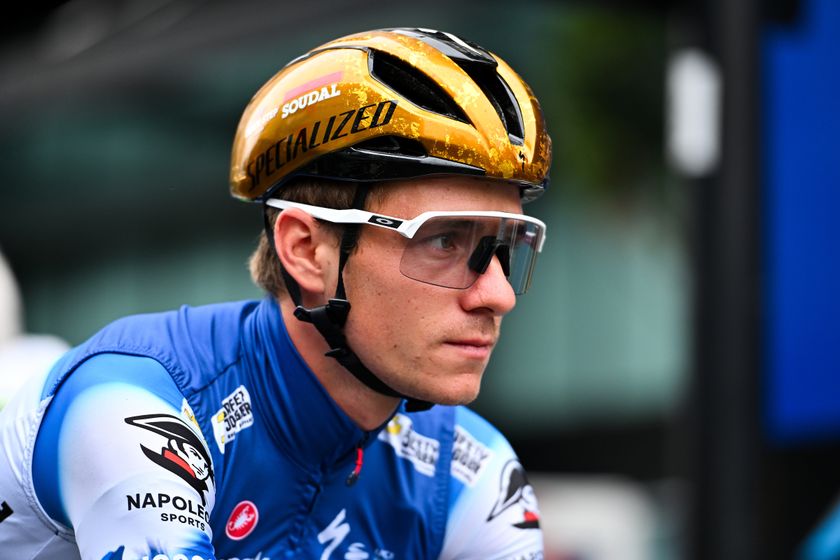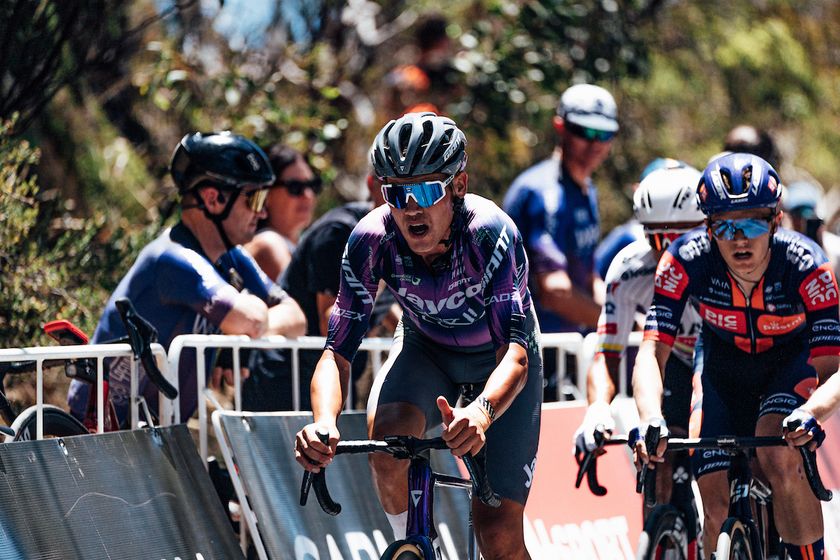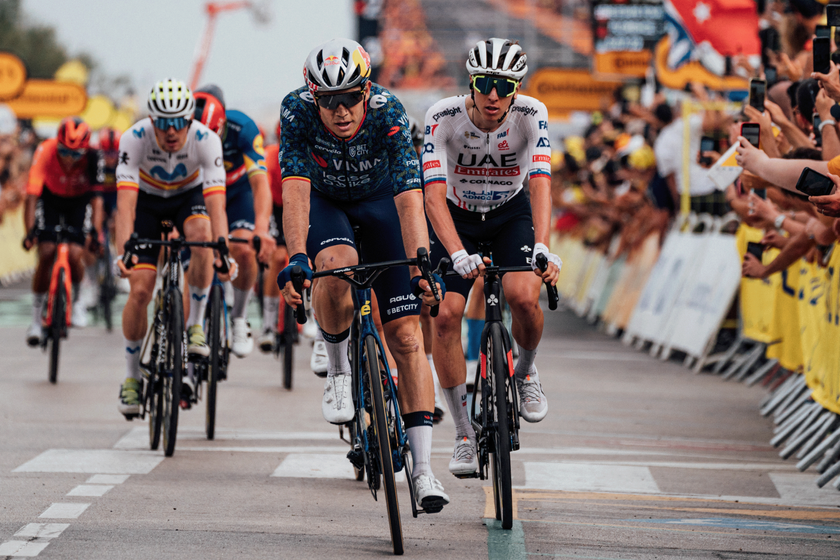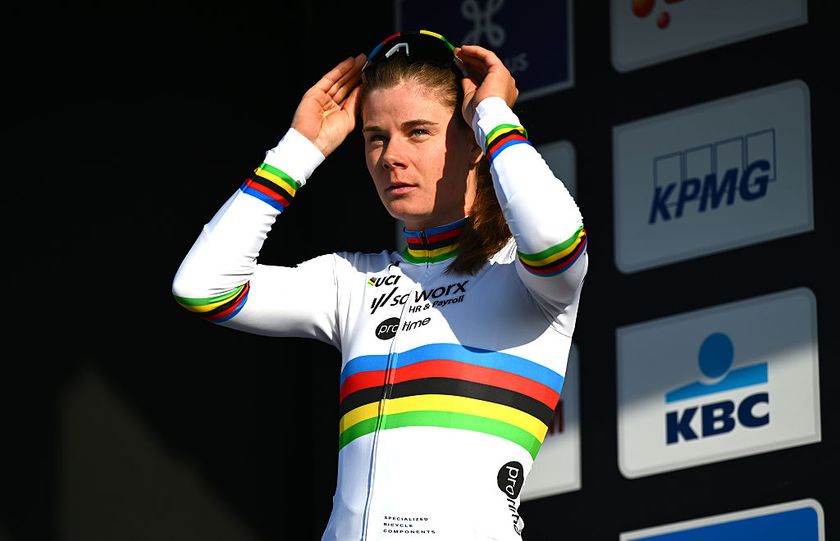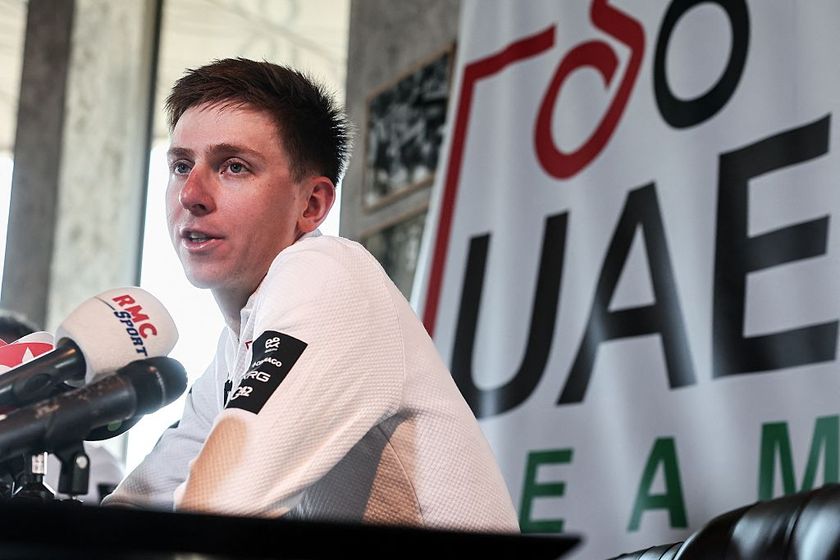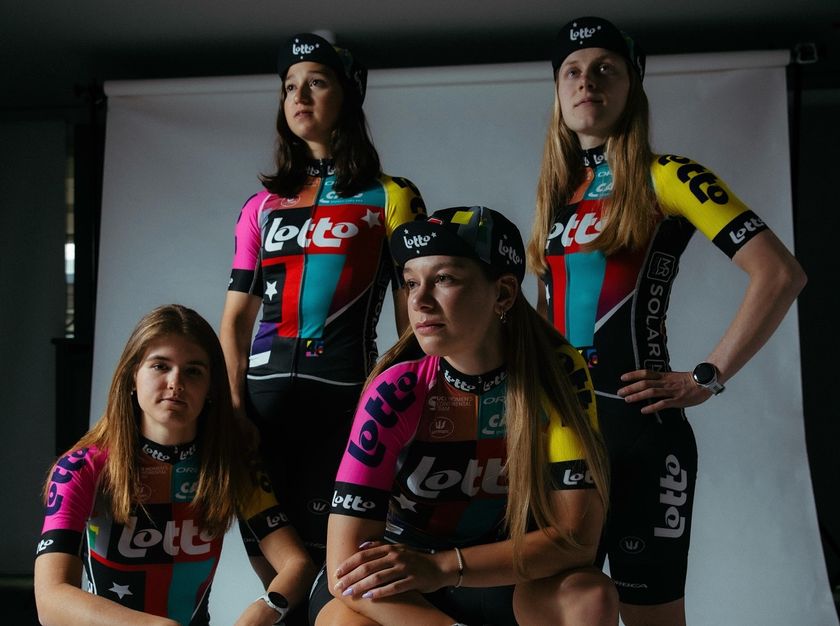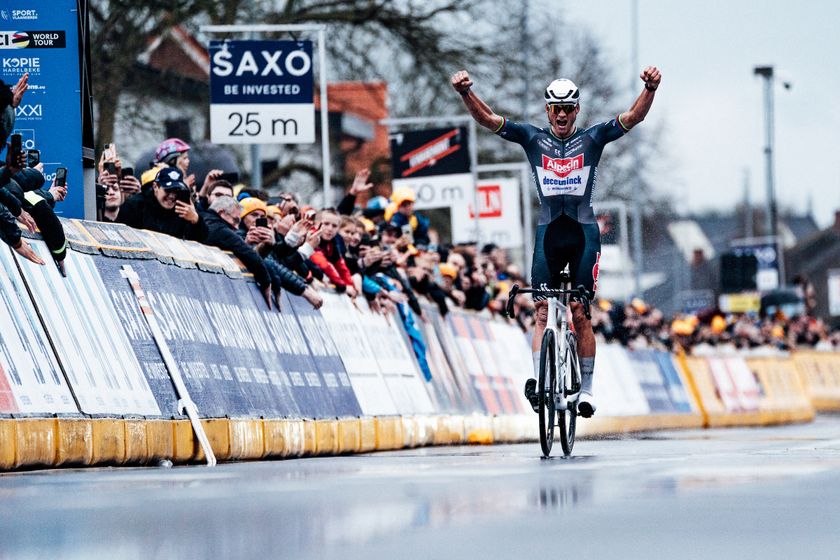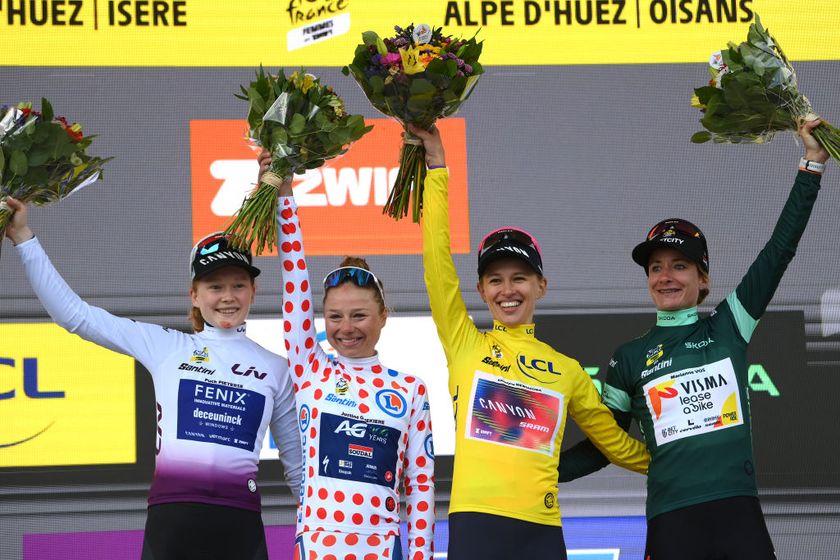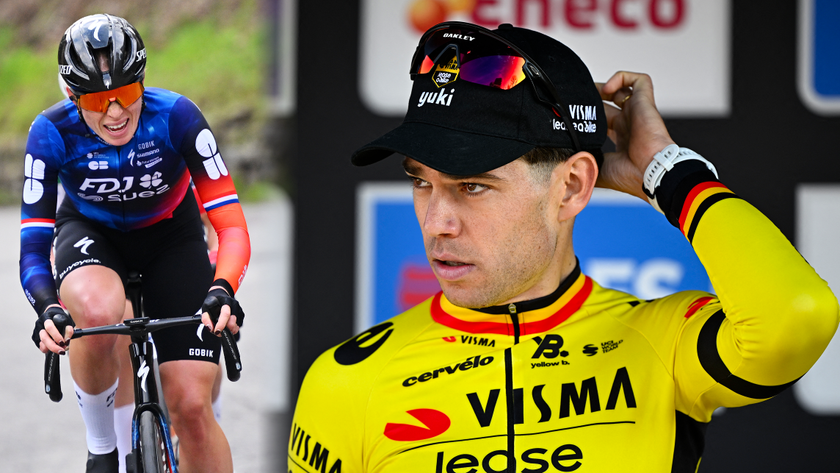Jumbo-Visma: French teams don't work with the same professionalism as us
Directeur sportif Zeeman says talk of two-speed cycling is 'nonsense'

Jumbo-Visma directeur sportif Merijn Zeeman has claimed that rival teams are "looking for excuses" by casting aspersions on his squad and complaining about the use of ketones in the professional peloton.
In a lengthy interview with L’Équipe, Zeeman suggested that the Movement for Credible Cycling (MPCC) has opposed the use of ketones in a bid to maintain its relevancy.
He also dismissed the concerns of riders who expressed fears that a 'two-speed cycling' was developing between teams who adhered to MPCC rules and those who did not.
"The suspicion often comes from France, and nobody is really interested in the manner in which we work. Maybe the French won’t like this, but I think they don’t work with the same professionalism as we do," Zeeman told L’Équipe.
"They regularly suggest our results are due to ketones, mechanical doping and who knows what… But I think they are looking for excuses. Some teams, and not just the French, refuse to face up to their own lack of standards and they say that others are doing shady things."
Jumbo-Visma, who currently lead the UCI rankings, are among the WorldTour teams to have confirmed their use of ketones. MPCC member teams have committed to additional, voluntary rules that forbid their use.
Zeeman described the debate over ketones as "the most ridiculous there has ever been in cycling" and said their use accounted for a minimal part of his team’s success.
Get The Leadout Newsletter
The latest race content, interviews, features, reviews and expert buying guides, direct to your inbox!
"It doesn’t even represent 1% of our work on performance," Zeeman said. "Ketones are almost nothing. But so long as they are permitted, we have the right to test them to see if they help some of our riders."
WADA told Cyclingnews last winter that ketones do not meet the criteria to be prohibited, while UCI medical director Xavier Bigard said there was "no scientific evidence that ketone bodies improve performance". The UCI is, however, conducting further studies.
Zeeman claimed that the MPCC has opposed ketones because the organisation "needed to find something to keep its voice in cycling".
"It’s good to debate all of that in high-level sport, but shouldn’t the goal of the MPCC be to attack things that are really bad, or things that are in the grey zone? And, frankly, ketones are not part of the mix," said Zeeman.
"And it’s annoying to hear so many riders, the French in particular, speak about a two-speed peloton when they mention ketones. Bardet, Pinot, Démare have spoken about it, and it’s nonsense."
The most important of the MPCC’s voluntary rules governs the use of corticosteroids, however, with teams pledging not to field riders while they require corticosteroids for therapeutic use. Until WADA banned injectable and oral corticosteroids this year, the MPCC carried out additional, voluntary cortisol testing on its members.
Jumbo-Visma, then called LottoNL-Jumbo, left the MPCC in 2015 following George Bennett’s exclusion from their Giro d’Italia line-up due to low cortisol levels.
"We don’t use corticosteroids," Zeeman said. "It’s bad for the health. And it’s not allowed. That’s completely different."
Jumbo-Visma have enjoyed remarkable success in recent seasons, including three successive Vuelta a España wins with Primož Roglič, but they fell short of Tour de France victory in 2020 despite dominating the race for much of its three weeks.
Roglič was surprisingly divested of the yellow jersey by Tadej Pogačar at La Planche des Belles Filles on the penultimate day. In a fly-on-the-wall documentary about that Tour, Roglič and Tom Dumoulin appeared to question the legitimacy of Pogačar’s victory.
"I didn’t interpret their comments that way," Zeeman said. "I think on that day the riders were stunned by Pogačar’s exceptional performance […] I can’t speak for the riders, I can say for them what they really think, but as a team we didn’t have this kind of discussion, nothing that could cast doubt on what Pogačar achieved."
Cyclingnews is the world's leader in English-language coverage of professional cycling. Started in 1995 by University of Newcastle professor Bill Mitchell, the site was one of the first to provide breaking news and results over the internet in English. The site was purchased by Knapp Communications in 1999, and owner Gerard Knapp built it into the definitive voice of pro cycling. Since then, major publishing house Future PLC has owned the site and expanded it to include top features, news, results, photos and tech reporting. The site continues to be the most comprehensive and authoritative English voice in professional cycling.
